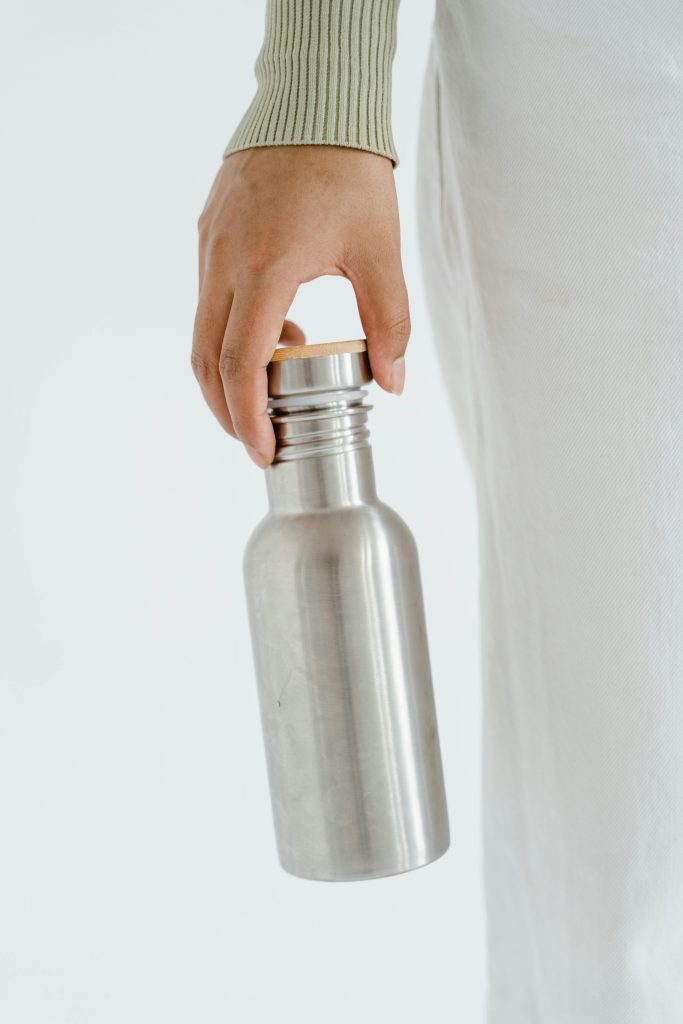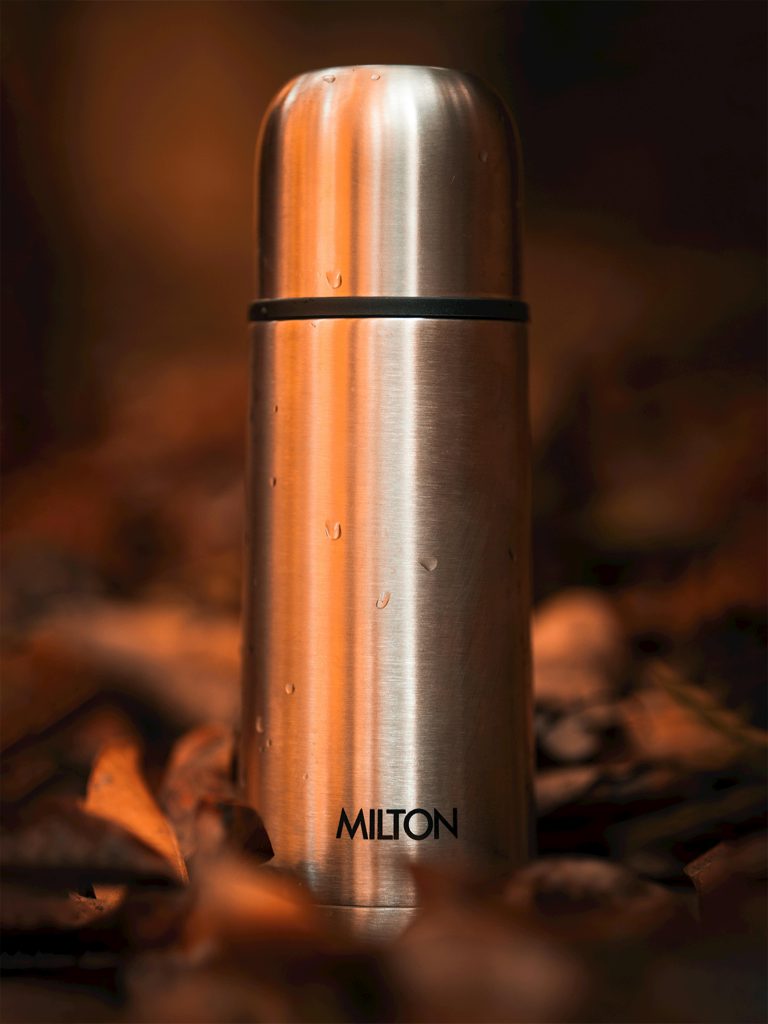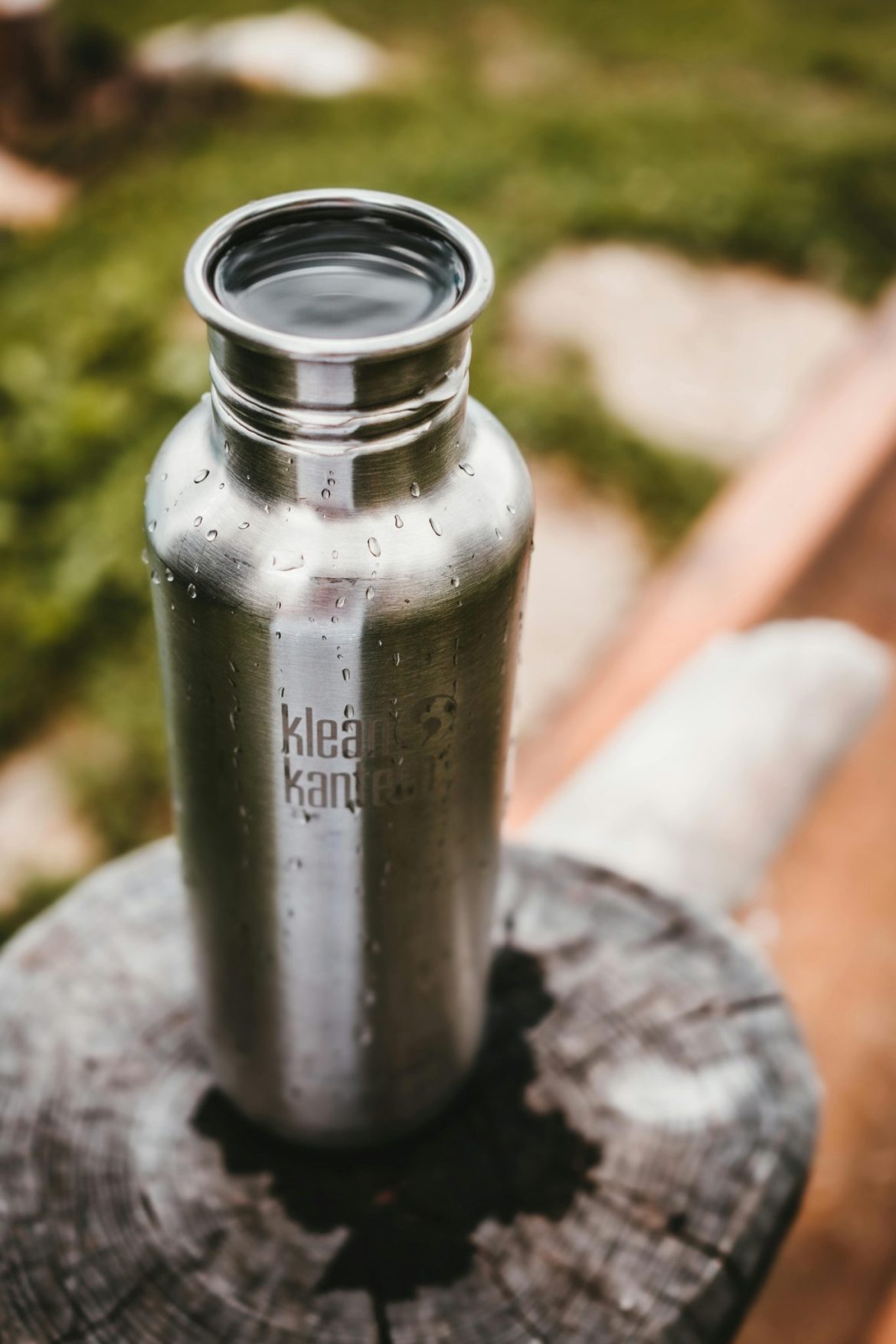Table of Contents
In recent years, the popularity of steel bottles has surged as people become more aware of environmental issues and personal health. These durable, reusable containers offer a practical and eco-friendly alternative to single-use plastic bottles, aligning with growing trends towards sustainability and wellness. Understanding the benefits of steel bottles, their impact on the environment, and their role in promoting a healthier lifestyle provides insight into why they have become a staple in many households and workplaces.

Environmental Benefits of Steel Bottles
Reducing Plastic Waste
One of the primary reasons for the shift towards steel bottles is the urgent need to reduce plastic waste. Single-use plastic bottles contribute significantly to environmental pollution, with millions ending up in landfills and oceans each year. Unlike plastic, steel bottles are designed for long-term use, significantly cutting down on the number of disposable bottles consumed. By opting for a steel bottle, individuals can prevent hundreds of plastic bottles from entering the waste stream annually.
Energy and Resource Efficiency
The production of plastic bottles is energy-intensive and relies heavily on fossil fuels, contributing to greenhouse gas emissions and environmental degradation. Steel bottles, on the other hand, are made from stainless steel, a material that is both recyclable and often made from recycled content. The energy required to produce a steel bottle is higher initially, but given its longevity and reusability, the overall environmental impact is much lower over time.
Sustainable Practices
Adopting steel bottles is a step towards more sustainable living. These bottles are part of a broader movement to reduce single-use items and embrace products that support a circular economy. Stainless steel is one of the most recyclable materials, with a recycling rate of around 70%, ensuring that steel bottles have a long life cycle and can be repurposed at the end of their use.
Health Advantages
Avoiding Harmful Chemicals
Plastic bottles often contain harmful chemicals such as Bisphenol A (BPA) and phthalates, which can leach into the water, especially when exposed to heat. These chemicals have been linked to various health issues, including hormonal disruptions and increased cancer risk. Steel bottles are free from BPA and other toxins, providing a safer option for storing and drinking water.
Maintaining Water Quality
Stainless steel does not retain flavors or odors, ensuring that the water tastes fresh and clean. Unlike plastic, which can develop a stale taste over time, steel bottles maintain the quality of the water without imparting any unwanted flavors. This makes them an excellent choice for individuals who prioritize the taste and purity of their drinking water.
Durability and Safety
Steel bottles are incredibly durable, resistant to dents, scratches, and breakage. This makes them a safer option compared to glass bottles, which can shatter and pose a hazard. The robust nature of steel bottles means they can withstand daily wear and tear, making them ideal for active lifestyles and outdoor activities.

Practical Considerations
Temperature Regulation
Many steel bottles are designed with double-wall insulation, keeping beverages hot or cold for extended periods. This feature is particularly beneficial for those who enjoy taking hot coffee to work or cold water to the gym. The insulation ensures that drinks maintain their desired temperature without condensation, making steel bottles versatile and practical for various uses.
Cost-Effectiveness
While the initial cost of a steel bottle is higher than that of a plastic bottle, the long-term savings are significant. A single steel bottle can last for years, eliminating the need to purchase disposable bottles regularly. This cost-effectiveness makes steel bottles an economical choice over time, especially for families and individuals who consume large amounts of bottled water.
Aesthetic and Functional Design
Steel bottles come in a variety of sizes, shapes, and designs, catering to different preferences and needs. From sleek, minimalist designs to colorful, patterned options, there is a steel bottle to suit every style. Many brands also offer additional features such as built-in straws, leak-proof lids, and carrying handles, enhancing their functionality and convenience.
The Future of Steel Bottles
The increasing popularity of steel bottles reflects a broader shift towards sustainable and health-conscious living. As consumers become more informed about the environmental impact of their choices and the health risks associated with plastic, the demand for eco-friendly alternatives like steel bottles continues to grow.
Innovations and Trends
The market for steel bottles is evolving, with innovations focused on improving usability and sustainability. Some companies are experimenting with incorporating recycled materials into their products, further reducing their environmental footprint. Additionally, advancements in design are making steel bottles lighter and more compact, enhancing their portability and appeal.
Corporate Responsibility
Businesses are also recognizing the importance of promoting sustainable practices. Many companies are encouraging employees to use steel bottles by providing them as part of corporate wellness programs or branding them as promotional items. This not only reduces plastic waste but also aligns with corporate social responsibility goals, enhancing the company’s image and commitment to sustainability.
In conclusion, steel bottles represent a significant step towards reducing environmental impact and promoting personal health. Their durability, safety, and eco-friendly nature make them an ideal choice for individuals and organizations committed to sustainable living. As awareness of these benefits continues to grow, steel bottles are likely to become an even more integral part of daily life, contributing to a healthier planet and a healthier population.



